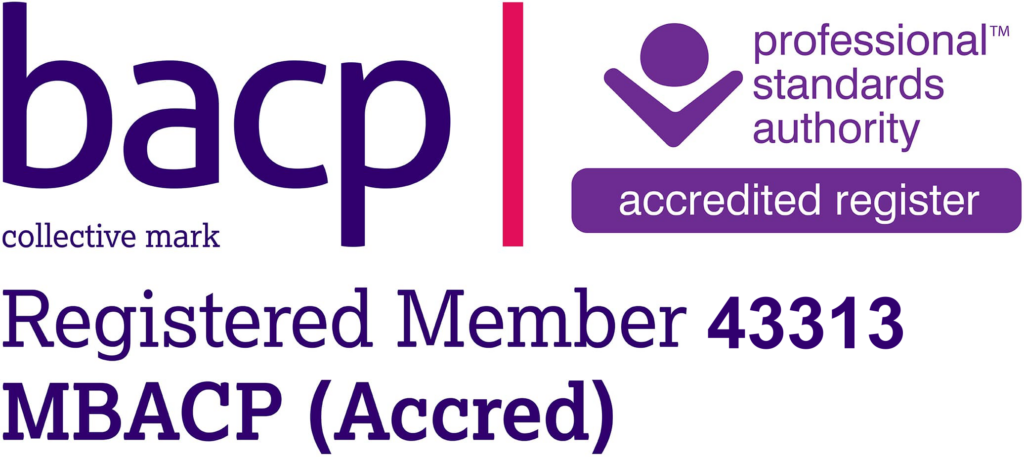‘Gratitude practice’ is big news in positive psychology. Studies have shown that cultivating gratitude can increase an inner sense of well-being and happiness and nurture greater connection to others in our social lives.
However, when we’re feeling blue, or when our circumstances are very difficult, it can be hard to feel grateful about anything. The idea of a gratitude practice can seem twee or sentimental or just plain unrealistic.
It’s useful to think about what gratitude really means. It’s not about being fake, or gushing, or New Age. It’s simply about appreciation for what one has now, or for something someone else has done for us. Why it’s hard, is because it’s counter-intuitive; our thoughts (and culture) turn more naturally to the future, to all the things we lack and how to get them.
Why is Gratitude Good for Us?
When life is hard, it’s difficult to see beyond our circumstances right now, our painful thought and feelings about those circumstances, and our fears for the future. However, if we can manage to find just one thing to be grateful for (and it may take some work), something that isn’t stuck or painful, then we shift into a whole different gear. From this new perspective, everything looks a little different, just a little better. We not only feel good about whatever we are grateful for specifically, but about our life in general. Feelings such as panic can diminish. Our thoughts get clearer and we open up to new solutions for our problems.
Gratitude and Meditation
Gratitude is a very grounding practice, in the same sense that meditation is grounding. Meditation is all about becoming aware of the breath, just as it is, without trying to do anything with it. Meditation is about acceptance of how we feel and how things are, without trying to change them. It’s about finding a calm centre within all the turbulence of daily life.
Similarly, gratitude looks to how things are at this moment, and says yes to them. As with meditation, it isn’t about the future. It isn’t about planning or goals or what we want. It’s about noticing all that we have, all that we have accomplished up to now, all the ways that others have assisted us. There is something profoundly ‘full’ about this kind of awareness, while looking only to what we lack can feel needy and grasping.
Other Benefits
Regular gratitude practice can produce a feeling of being more alive and increase positive feelings in general. It can also help you sleep better and even, apparently, have a stronger immune system.
If you are trying to put into practice new positive behaviours, such as drinking less or spending less, writing lists of specific ways in which your life is better without a bad habit, can reinforce the new behaviour and help it become part of who you are now.
How to Practice Gratitude
For gratitude to really work it needs to become a practice. The best way to do this is to start a gratitude journal and to list a set number of things you are grateful for, every day. Slowly this will change the way you perceive your life, by changing what you focus on. When you do this kind of journalling, be specific and include gratitude towards other people, not just for things or circumstances.
But if gratitude still doesn’t grab you, think about this; really charismatic people use gratitude all the time. It can make all the difference at work, when all too often hard work – over and above the norm – goes unacknowledged. Heart-felt thanks and personalised notes of appreciation make all the difference. In fact, they were a trademark gesture for President Clinton, who is still known as one of the most personally charismatic leaders in history.



